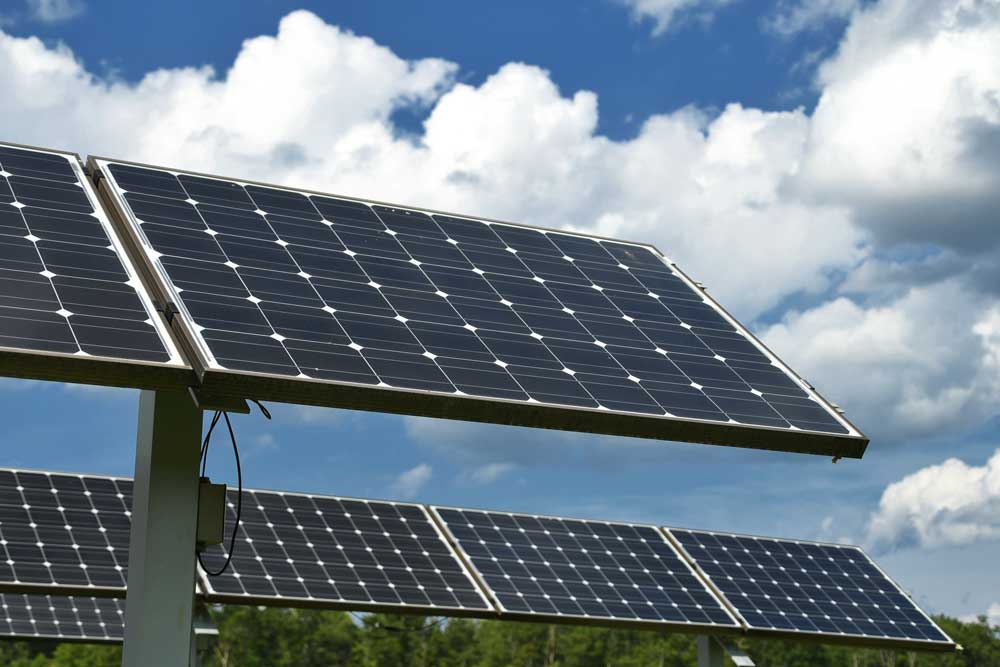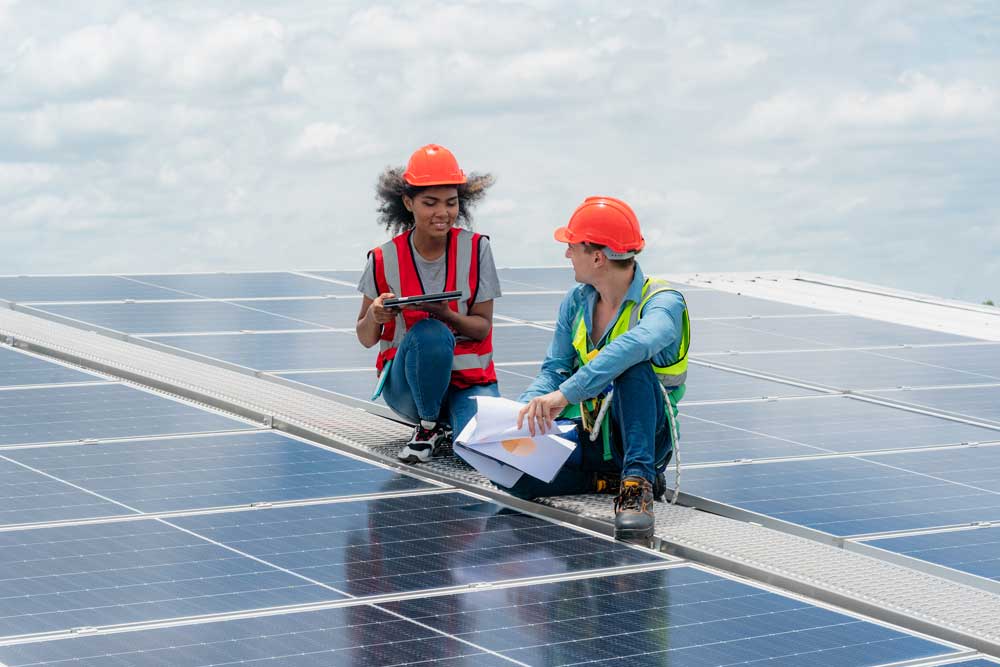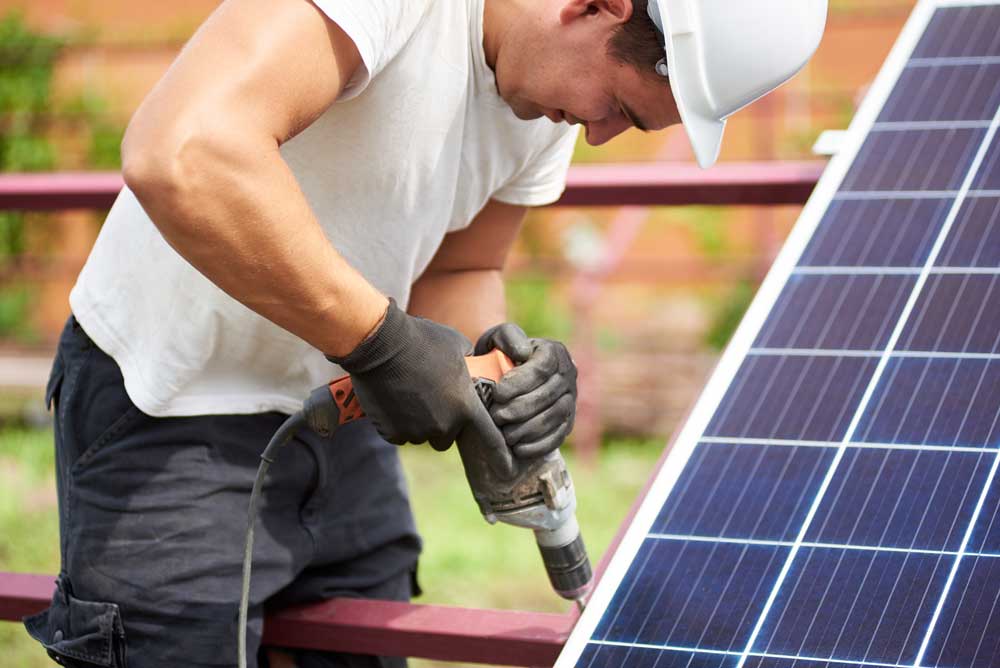How Much Money Do Solar Panels Really Save You?
Solar panels are a great way to save money on your energy bill, but how much do they really save you? The answer depends on a few factors, including the size of your solar panel system, the amount of sunlight your area receives, the efficiency of your panels, and the type of utility company you have.
Solar panels work by converting sunlight into electricity. The electricity is then used to power your home or business. Any excess electricity is sent back to the utility company, where it is used to power the grid.
The size of your solar panel system will determine how much money you save on your energy bill. A larger system will produce more electricity and save you more money. The amount of sunlight your area receives will also affect how much money you save. Areas that receive more sunlight will produce more electricity and save more money.
The efficiency of your solar panels will also affect how much money you save. More efficient panels will produce more electricity and save you more money. The type of utility company you have will also affect how much money you save. Some utility companies offer solar rebates or other incentives that can save you even more money.
Solar panels are a great way to save money on your energy bill. How much money you save depends on the size of your system, the amount of sunlight your area receives, the efficiency of your panels, and the type of utility company you have.
What are solar panels?
Solar panels are devices that convert sunlight into electricity. They are made up of a series of interconnected solar cells that absorb sunlight and generate electricity.

How do solar panels work?
Solar panels work by converting sunlight into electricity. The electricity is then used to power your home or business. Any excess electricity is sent back to the utility company, where it is used to power the grid.
How much money do solar panels save you?
The amount of money you save with solar panels depends on a few factors, including the size of your solar panel system, the amount of sunlight your area receives, the efficiency of your panels, and the type of utility company you have.
A larger solar panel system will produce more electricity and save you more money. Areas that receive more sunlight will produce more electricity and save more money. More efficient panels will produce more electricity and save you more money. Some utility companies offer solar rebates or other incentives that can save you even more money.
How do solar panels work?
Solar panels work by converting sunlight into electricity. The electricity is then used to power your home or business. Any excess electricity is sent back to the utility company, where it is used to power the grid.

What are the benefits of solar panels?
There are many benefits to using solar panels, including saving money on your energy bill, reducing your carbon footprint, and becoming less reliant on the grid.
Are there any drawbacks of solar panels?
Solar panels do have some drawbacks. They can be expensive to install, and they require regular maintenance. Solar panels also only produce electricity when the sun is shining, so they are not a good option for areas that receive little sunlight.
How much do solar panels cost?
Solar panels can be expensive to install, but the cost will vary depending on the size and efficiency of your system.
What are the different types of solar panels?
There are two main types of solar panels: monocrystalline and polycrystalline. Monocrystalline panels are made of a single crystal of silicon, while polycrystalline panels are made of multiple crystals of silicon. Monocrystalline panels are more efficient than polycrystalline panels, but they are also more expensive.

What are the best solar panels on the market?
The best solar panels on the market are monocrystalline panels. They are more efficient than polycrystalline panels and can save you more money.
How do you install solar panels?
Solar panels can be installed on your roof or on the ground. They must be installed in an area that receives direct sunlight.

